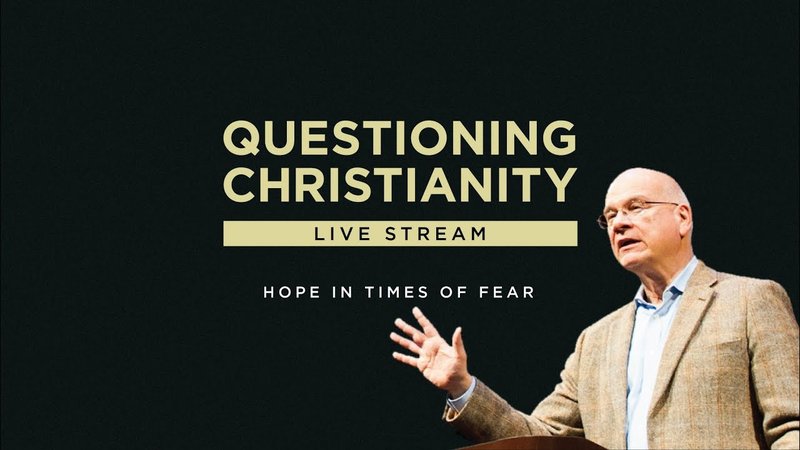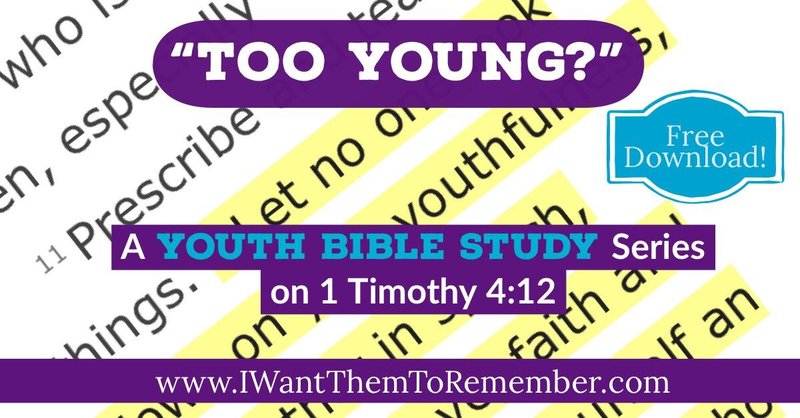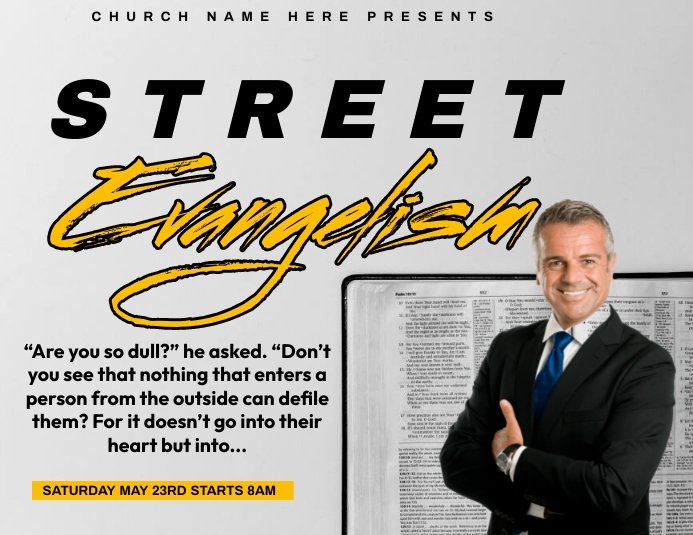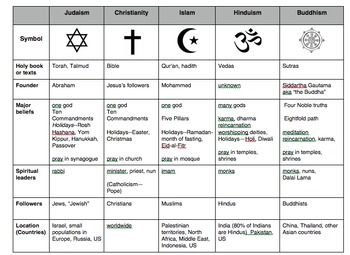· Apologetics & Evangelism · 5 min read
Empowering Faith: Overcoming Doubt and Embracing Hope in Christianity
Discover strategies to overcome personal doubts and support loved ones questioning their faith in Christianity. Address intellectual challenges, find hope post-spiritual crises, and explore reconciling faith with science.

Empowering Faith: Overcoming Doubt and Embracing Hope in Christianity
In Christianity, doubt can be seen as a natural part of the faith journey. It is an opportunity for believers to grow and deepen their understanding of God and their relationship with Him. Overcoming personal doubts about Christianity requires self-reflection, seeking support from others, engaging in spiritual practices, and exploring the intellectual challenges that may arise. This article will address eight key questions related to empowering faith, providing comprehensive answers supported by credible sources.
1. What is a crisis of faith, and how can one regain faith in God?
A crisis of faith refers to a period of doubt and uncertainty in one’s belief in God or their religious faith. Surviving a Crisis of Faith: Overcoming Doubts and Restoring Your [Source 1] states that regaining faith in God requires exploring and understanding the doubts and questions that have arisen. This can be done through self-reflection, seeking support from others, and engaging in spiritual practices such as prayer, meditation, and studying sacred texts.
2. How can we support loved ones who are questioning their faith?
When loved ones are questioning their faith, it is important to provide a safe space for open dialogue and support. Navigating Faith And Doubt: A Guide For Believers Strengthening Their [Source 2] suggests avoiding judgment or trying to convince them to change their beliefs. Instead, listen empathetically without interrupting or offering unsolicited advice. Encourage them to express their doubts and concerns openly and validate their emotions. Offer resources like books or podcasts that address their specific questions or connect them with individuals who have gone through similar experiences.
3. How can we address intellectual challenges to Christianity?
When facing intellectual challenges to Christianity, it is vital to seek knowledge from credible sources. Overcoming Doubt: The Ultimate Guide for Christians to Strengthen Their [Source 6] advises engaging in discussions with knowledgeable people in the faith community and reading books or articles that provide a reasoned defense of Christianity. Understanding the historical, philosophical, and scientific aspects of Christianity can equip believers to address intellectual challenges confidently.
4. How can one find hope after experiencing a spiritual crisis?
Finding hope after a spiritual crisis requires focusing on self-care and rebuilding one’s faith. Losing Faith in God After Someone Dies: And Finding [Source 5] suggests creating a foundation of strength and resilience through self-care practices such as maintaining healthy routines, seeking support from loved ones, and engaging in activities that bring joy and peace. Reconnecting with one’s faith through prayer, attending religious gatherings, or participating in spiritual retreats can also help restore hope and strengthen one’s relationship with God.
5. How can we reconcile faith and science?
Reconciling faith and science involves understanding that they can coexist and complement each other. Between Faith and Doubt: Five Questions for Our [Source 3] highlights the importance of recognizing that science explores the physical world, while faith delves into the spiritual realm. It is essential to approach scientific discoveries with an open mind and recognize that they do not necessarily contradict religious beliefs. Many theologians and scientists have found harmony between faith and science by viewing them as two different avenues for understanding the world.
6. What resources are available for those deconstructing their faith?
For individuals deconstructing their faith, there are various resources available to support them in their journey. Books like Leaving the Fold: A Guide for Former Fundamentalists and Others Leaving Their Religion [Source 4] provide insights into the effects of leaving a religious faith and offer guidance for navigating this process. Online platforms, support groups, and podcasts hosted by individuals who have experienced deconstruction can also provide valuable perspectives, reassurance, and a sense of community.
7. How can Christians cope with doubt and strengthen their faith?
Coping with doubt and strengthening faith involves various strategies. Christian Doubt: Help for the Believer Dealing with [Source 8] suggests realizing that doubt is a natural response to the pain of faith-testing and choosing to trust God even in challenging moments. Engaging in regular prayer, studying scripture, and participating in Christian fellowship can help believers find support, guidance, and a renewed sense of faith. Seeking guidance from spiritual mentors or pastors can also provide valuable insights.
8. How does the church community support individuals grappling with doubt?
The church community plays a crucial role in supporting individuals grappling with doubt. Navigating Doubts: A Guide to Strengthen Your Faith [Source 9] emphasizes that the church serves as a beacon of hope during periods of doubt. It provides opportunities for questioning, seeking, and discovering deeper truths about God and His Word. By fostering an environment of acceptance, understanding, and open dialogue, the church community can offer solace, guidance, and a sense of belonging to those struggling with doubt.
In conclusion, empowering faith involves overcoming doubts and embracing hope in Christianity. By exploring doubts through self-reflection, seeking support from others, engaging in spiritual practices, addressing intellectual challenges, and reconciling faith with science, believers can navigate periods of doubt and strengthen their relationship with God. Providing support to loved ones questioning their faith, finding hope after spiritual crises, utilizing available resources for deconstruction journeys, and benefiting from the support of the church community are essential aspects of empowering faith within Christianity.
“Doubt is often perceived as a taboo or a sign of weak faith, yet it is a universal experience that can lead to growth and deeper understanding.” - Surviving a Crisis of Faith: Overcoming Doubts and Restoring Your
“Navigating the landscape of faith and doubt can be one of the most profound personal challenges for believers.” - Navigating Faith And Doubt: A Guide For Believers Strengthening Their



